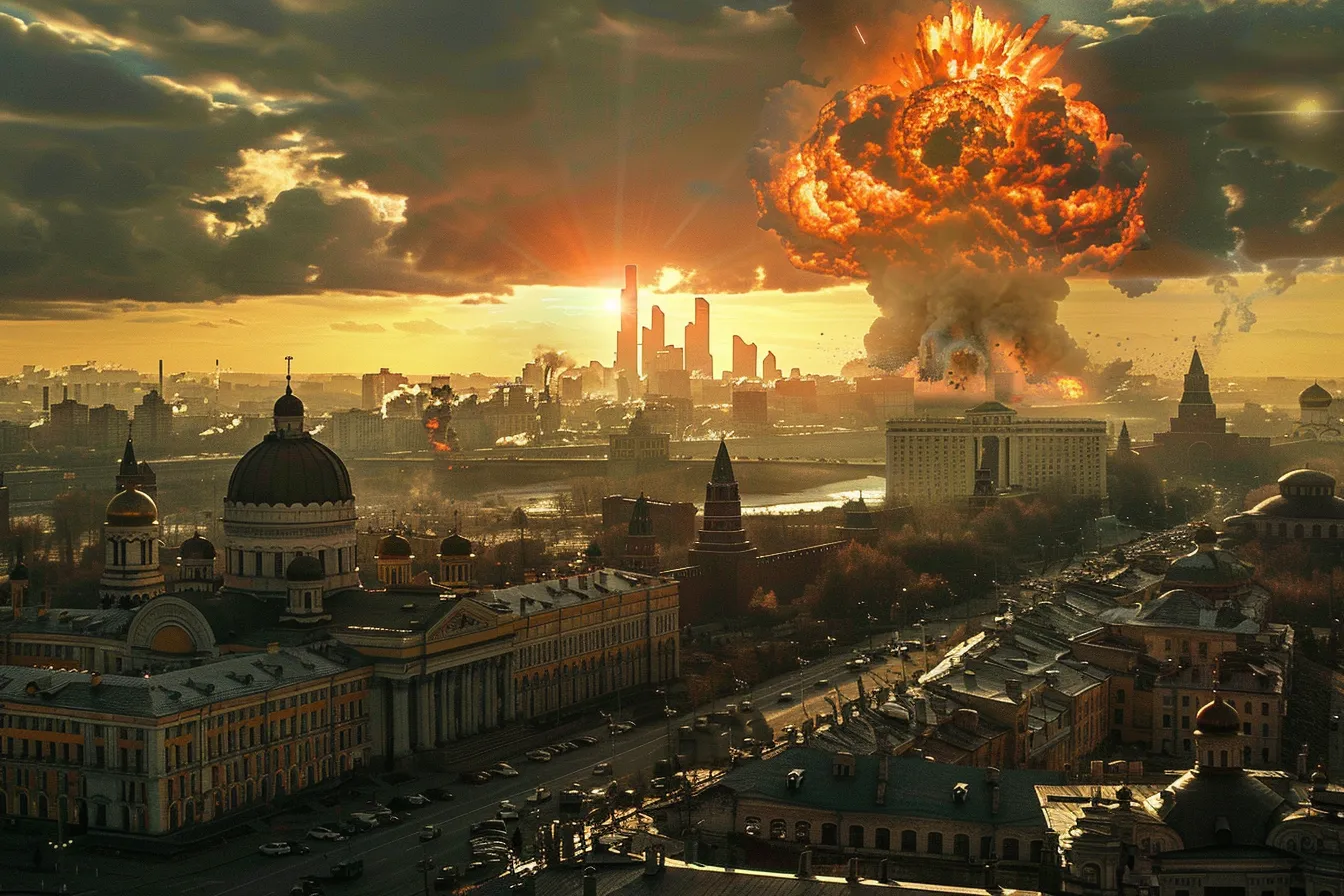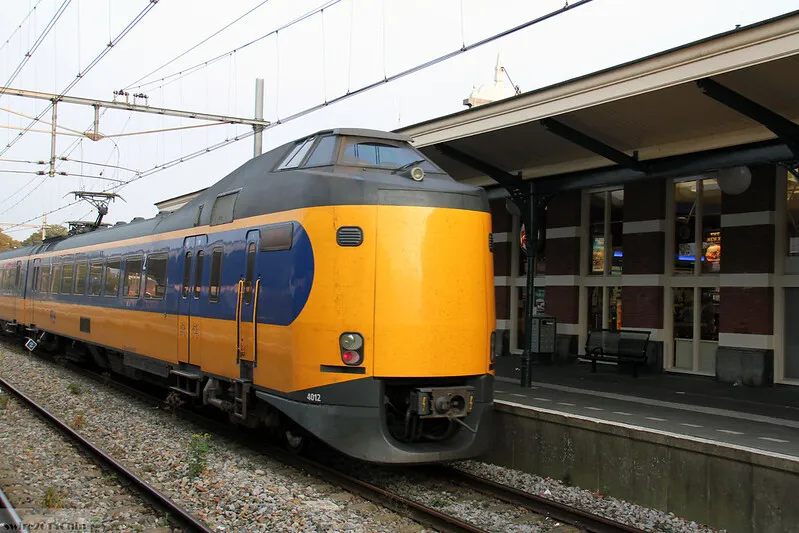Britten maken zich zorgen over hoe zij eventuele langdurige stroomonderbreking het hoofd moeten bieden
Geheim rapport uitgelekt.
Het energiebeleid in het Verenigd Koninkrijk, dat uitvloeisel is van het klimaatbeleid, heeft tot een ernstige ontwrichting van de elektriciteitsmarkt geleid met een verhoogde kans op langdurige stroomonderbreking. In plaats van een koerswending van het energiebeleid door afschaffing van de 'Climate Change Act', denken de Engelsen thans na over het kurieren am Symptom.
De vrees voor een langdurige onderbreking van de stroomvoorziening heeft aanleiding gegeven tot onderzoek naar wat voor ellende daar allemaal uit zou kunnen voortkomen en wat eraan zou kunnen worden gedaan. Het betrokken rapport daarover is onlangs uitgelekt en doet het ergste vrezen.
Onder de titel, 'Britain unprepared for severe blackouts, secret Government report reveals', rapporteert Emily Gosden in de Britse 'Telegraph':
The UK's contingency plans for severe power cuts are based on numerous flawed or untested assumptions and need to be revised, according to documents obtained by the Telegraph.
The assessment, codenamed Exercise Hopkinson, examined what would happen if a severe storm knocked out crucial energy infrastructure in south west England, plunging two million homes into darkness for up to two weeks.
Transport networks would be paralysed and emergency services would struggle to cope, fuel to run backup generators may be inaccessible and the dead may not be buried, it found.
The assessment, which involved officials from all key departments and major industries, took place this summer following 12 months of preparation. It was designed to ensure emergency power plans were “fit for purpose”. Instead it “exposed the fact that, where contingency plans against power disruption exist, some of those plans are based on assumption rather than established fact”, according to a report of the exercise, distributed privately last month.
“Populations are far less resilient now than they once were," it concluded. "There is likely to be a very rapid descent into public disorder unless Government can maintain [the] perception of security.”
Any central Government response to the crisis may be too slow, arriving “after the local emergency resources and critical utility contingency measures had already been consumed”. Departments needed to revise “critical facets” of their plans, it found.
One of the major problems identified by the exercise was that crucial fuel supplies, which would be “ever more vital in the absence of power, to run generators and emergency response vehicles”, may not be accessible because petrol stations and some fuel bunkers rely on electric pumps.
“The ‘simple’ solution of using generators is far more difficult to establish in reality,” the report warns.
Hinkley Point nuclear plant would trip off the system, automatically shutting down, when power went off but its ongoing safety would rely on backup generators and refuelling within 72 hours.
Although hospitals have emergency back-up power generators it was “unknown” how long they could last. ...
There is a "genuine risk that high risk offenders in the community would be able to disappear" as electronic tagging systems stop working alongside the mobile phone signal.
Fire and rescue services may struggle to cope after being inundated with automated alarm systems.
Current business contingency plans were based on the assumption that “a critical mass of staff remain available”. Yet just one third of staff may be able or willing to make it to work in the scenario as “people will look after themselves and their families before their workplace”.
Staffing of isolated rural prisons will be a particular problem and access to water in jails could run out in less than seven days. It may be necessary to consider "decanting prisons in order to stem likely rising disorder", the report finds.
Some types of sewage treatment works could cease to work after six hours and sewage would have to be discharged into water courses. Milk collection from dairy farms would fail, triggering an “environmental emergency” as it had to be disposed of by spreading it over farms.
Panic buying and hoarding would be triggered, casting doubt on existing assumptions over food supplies.
Efforts to restore power would be hampered by “significant metal theft from ‘dead’ circuits” unless the military or emergency services patrolled power lines, while two other power plants in the region, which were not operating at the time of the power cut, do not have “black start” capability so would not be able to start themselves backup.
Lees verder hier.
Kortom, lekker griezelen. Toch lijkt het er op dat een langdurige blackout de enige doorslaggevende aanleiding zou kunnen vormen om de politiek ervan te overtuigen dat er een einde dient te komen aan die klimaat– cum hernieuwbare energiewaanzin. Elk nadeel heb zijn voordeel.
Voor mijn eerdere DDS–bijdragen zie hier.
Ga verder met lezen
Dit vind je misschien ook leuk
Laat mensen jouw mening weten


